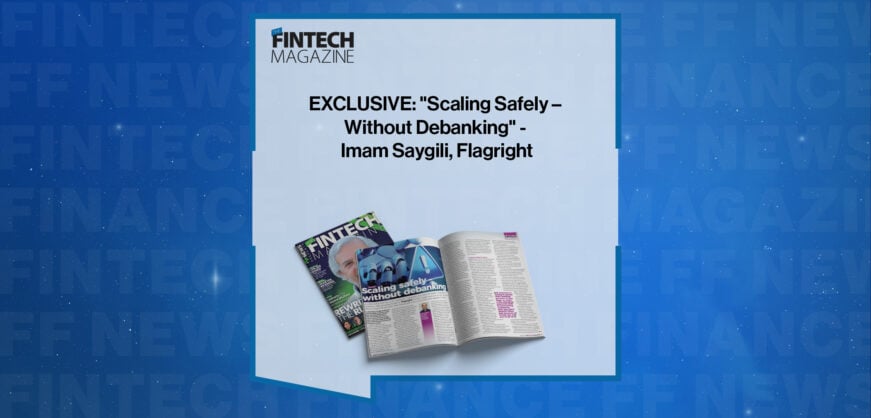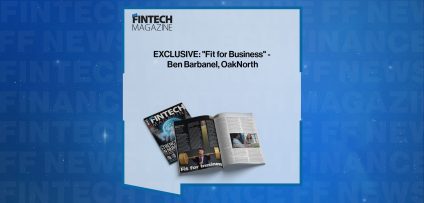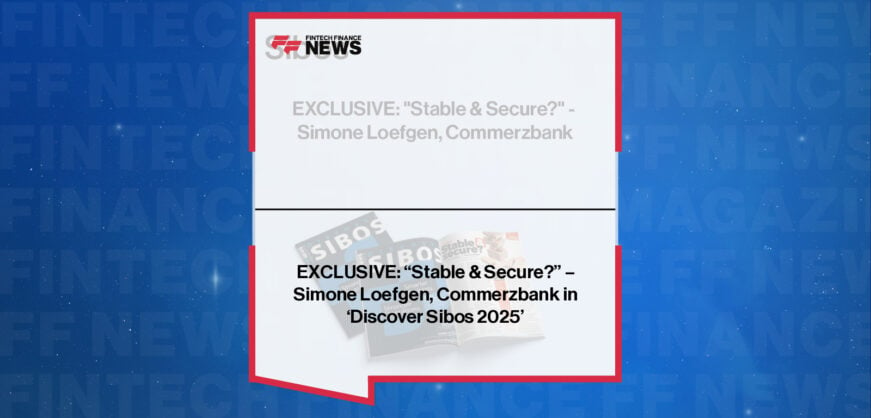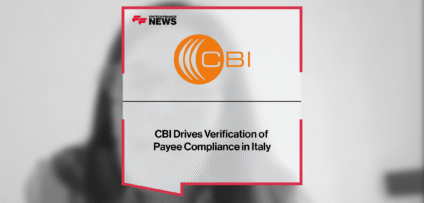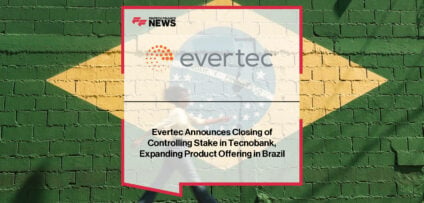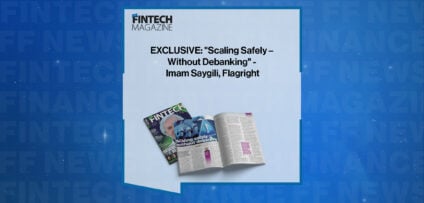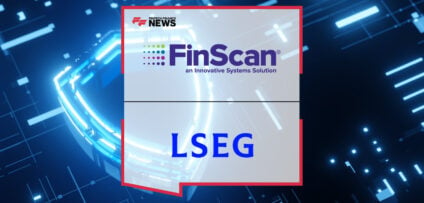Breaking News
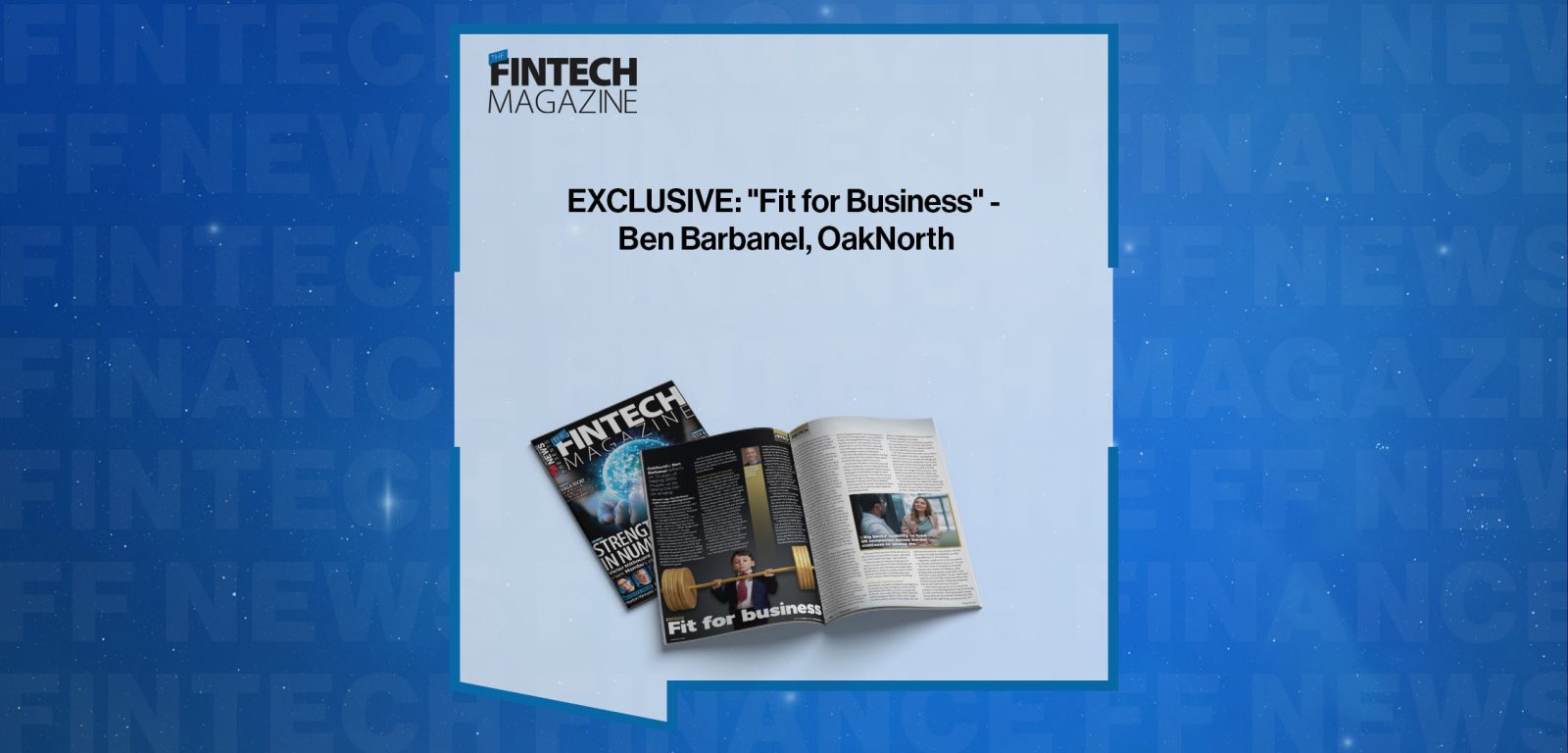
EXCLUSIVE: “Fit for Business” – Ben Barbanel, OakNorth in ‘The Fintech Magazine’
OakNorth’s Ben Barbanel reflects on 10 years of helping SMEs muscle up by raising the bar on lending
Ten years ago, Ben Barbanel made a career-defining decision. He stepped out of a comfortable senior leadership role in Santander UK’s corporate and commercial banking team to join a startup fintech. The panic set in pretty much immediately.
“I thought ‘What have I done? I’ve left one of the biggest banks in the world – what you might describe as a cruise ship – for a rubber dinghy with a hole in the bottom’,” he says.
The founders weren’t professional bankers, they were investors and software entrepreneurs, albeit with a super-successful exit under their belts. And when one of them told him the as-yet-unlicensed neo would be making £1billion of business loans a year within five years, the idea sounded so fanciful that Barbanel thought he could kiss goodbye to his carefully built reputation in finance for good.
But he stuck with it and, a decade later, the banker and the business are doing fine. More than fine. The dinghy isn’t just still afloat, it’s bobbed all the way to America.
Transformation of a banker
Five years after Barbanel joined in 2015, and despite the challenges of the COVID year, OakNorth did indeed lend £1.1billion to high-growth, scale-up UK businesses in what it refers to as ‘the missing middle’ – lower mid-market companies that slave away in the engine room of the economy, but struggle to find the finance they need. The bank’s metrics were – and remain – all positive.
To date, the lender that was founded by entrepreneurs for entrepreneurs, has provided £17billion of flexible, bespoke finance to companies as diverse as café chains and housing developers, all requiring a funding package as unique as their proposition. It entered full-year profitability in 2017 and has stayed on the right side of the balance sheet ever since.
Barbanel, meanwhile, has gone on his own journey of transformation, professionally and personally. Back in 2015, he described himself as a ‘boring banker’, experienced in working with the daily frustrations of legacy systems, but powerless to challenge the industry’s collective conviction that there was only one way to make business lending work – despite what he now sees as clear evidence that the model was broken.
So, when a corporate headhunter asked him to meet OakNorth’s founders, he agreed to go, out of curiosity as much as anything. How could two non-bankers possibly think they could do better than the establishment?
The first in a series of early-morning meetings in London’s West End got him no closer to the answer.
“I was approached by a headhunter who had worked for me and the conversation was along the lines of, ‘Ben, we’ve met these two crazy entrepreneurs and we can’t find much on the internet about them. We think they pay not be profiled.’ They wanted me to meet the directors to see if they were wasting their time with them.
“I went along to Knightsbridge at 7am, wearing a suit. I was shown into this plush meeting room and Joel [Perlman, OakNorth’s co-founder] came in and asked if I wanted a whisky. I said no, but I think it was a test,” says Barbanel. “We then had an hour-long chat about everything but banking.”
He met Joel and his partner Rishi Khosla for whisky-free breakfast meetings multiple times over the course of two weeks, intrigued by the proposition, until he finally agreed to head up a small team for a wannabe bank with no customers and still no licence. You don’t see him in a suit much these days, He’s bought into the ‘business casual’ look.
“Big banks’ inability to fund UK companies across border continues to amaze me”
But the transformation goes deeper than that. OakNorth’s Head of Debt Finance has regular appointments now with a barbell, not in a bar with clients. His favourite accessory is a water bottle. And, thanks to a personal training company, that was coincidentally funded by OakNorth, he’s happier (‘less grumpy’) and fitter than ever, despite a lifelong condition of ulcerative colitis that robbed him of part of his intestine – an experience he wrote about candidly for The Telegraph newspaper.
The bank is similarly in robust health, announcing, subject to regulatory approval, the acquisition of Community Unity Bank in Michigan in the US earlier this year on the back of a 15 per cent hike in profits. OakNorth began actively lending at arm’s length to America’s own squeezed middle, a segment worth $4.2trillion, soon after Silicon Valley Bank’s shock collapse in 2023. But it had been contemplating expansion outside of the UK for a while. It just couldn’t decide where.
“The UK is a tiny island and we are not sure how much further we can grow our market share here, even if we keep seeing double-digit loan book growth,” says Barbanel. “Europe is a fragmented market with language barriers and different legal infrastructures. We kept coming back to the idea of the US – its sheer scale and volume.
“Not only do we have strong similarities in terms of the legal system and language in the US, but structurally the markets are alike. If you are growing a business and you want to borrow a million bucks it’s relatively easy to find in the States. At the other end of the scale, the investment banks will lend you a hundred million to a billion. But if you’re in the middle, your experience is similar to that of companies in the UK. We started planning to enter in 2023 and moved two staff out there.”
The market responded far quicker than OakNorth had anticipated and by this year, it had channelled $1billion into US companies, as well as British companies operating Stateside – three times more than anticipated.
“What we noticed in the US particularly is the volume of repeat business, which is fantastic,” says Barbanel. “Speed, the ability to transact quickly, bringing borrowers into the investment community, has all gone down really well there. It’s been refreshing for the market. The issue was that we did not raise deposits in the US, so there was a currency mismatch. Although it was nothing derivatives could sort out, we started looking to acquire a small bank.”
He reveals that OakNorth considered starting a US lookalike and ‘had a couple of false starts’ before the Michigan opportunity arose. Community Unity Bank is only two years old and was founded by a former Oakland county treasurer specifically to plug the small business lending gap he’d identified through his work with the local economy.
It was only the second new bank to open in Michigan since the Great Recession and at the time of the OakNorth announcement had around ¢14million of loans on its books. The similarities with OakNorth were spookily similar.
“We have built a business in the UK where at any one time we have 500 borrowers. My point is you don’t have to be huge,” says Barbanel. “If you do what you say you are going to do which is a) if you say yes, be fast to execute, and b) if you say no, say no quickly and explain why, people love it. There’s no rocket science to that. But what we do have is incredible data that we use in all our underwriting and modelling.”
Funding the American dream
Following the pandemic, OakNorth packaged up its proprietary data intelligence software that had enabled the bank to scale so successfully in the UK, into a SaaS offering called OakNorth Credit Intelligence (ONCI). Now, with insight into half a trillion dollars of loan data, OCI has offices in Manhattan from where it can support the bank’s lending in the States.
On the face of it, the uncertainty caused by the rewriting of America’s fiscal rules by the new administration in 2025, doesn’t make for the most promising of starts there.
“We are in a whole new world now in terms of the US political situation,” says Barbanel. “None of us has any real idea how things will play out. Banks have retrenched. We’ve seen term sheets pulled and pricing changes. But, in the UK, we said we’d continue to lend through every stage of the economic cycle,
which we proved with Brexit, COVID, and Truss [the disastrous Liz Truss premiership]. That’s what we will also do in the States.”
One of the drivers for OakNorth’s dollar loan book has been companies expanding from the US to the UK and many making the opposite journey – Barbanel’s own personal trainer, Ultimate Performance, is one of them. And the US is where he believes OakNorth can make a real difference to UK businesses.
“Big banks’ inability to fund UK companies cross-border continues to amaze me,” he says. But then, there is a lot about the banking industry that, viewed at a distance, makes
lending cycles completely predictable. “Their behaviour is very plottable,” he says. “Banks here regularly pull out of the market and before they do there’s peak liquidity. People are doing deals that do not make any financial sense.
“I don’t think you can fix it, it’s a structural problem in the banking market. They are all trying to chase shareholder value by doing the wrong thing. What we have proved consistently is that if you do the right thing, everybody wins.”
This article was published in The Fintech Magazine Issue #35, Page 47-48
People In This Post
Companies In This Post
- EXCLUSIVE: “Stable & Secure?” – Simone Loefgen, Commerzbank in ‘Discover Sibos 2025’ Read more
- CBI Drives Verification of Payee Compliance in Italy Read more
- Lastro Secures $15M Series A Led by Prosus Ventures to Scale its AI Agent, Empowering Over 2M Homebuyers Read more
- Evertec Announces Closing of Controlling Stake in Tecnobank, Expanding Product Offering in Brazil Read more
- EXCLUSIVE: “Scaling Safely – Without Debanking” – Imam Saygili, Flagright in ‘The Fintech Magazine’ Read more





